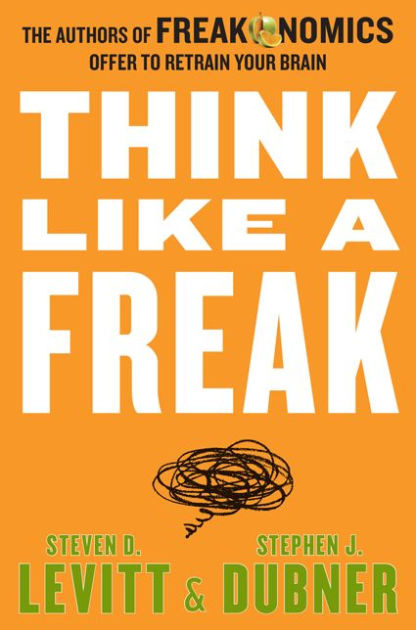Tuesday's Assorted Links
Ice Cream, Super Bowl Hotels, Movie Seats, Chick-fil-A, and Jock Taxes

Hi y’all! Here are five stories from this week that contained a lot of neat applications of economic principles:
Are Häagen-Dazs and Ben & Jerry's tacitly colluding to produce ice cream that never directly competes with each other? [NPR Planet Money]
How much did it cost to stay in Phoenix during the Super Bowl weekend? A lot more than it did the weekend before [The Wall Street Journal]
AMC Theatres will engage in price discrimination by charging moviegoers based on their seat location [Variety]
Chick-fil-A is interested in plant-based product differentiation as the company is testing a cauliflower sandwich [CNBC]
Why athletes (and some remote workers) owe a ‘jock tax’ wherever they go [The Hustle]
The day after the Super Bowl has a significant impact on productivity as employees take time off work or show up with reduced motivation and focus. This impact could last for multiple days, but the initial drop in productivity is estimated to cost companies close to $6 billion.
We’re a few weeks into the semester and my principles students should be a few chapters into Think Like a Freak by now. When I was an undergraduate student, I really appreciated classes that had a traditional book included in the course material because I wasn’t ever too excited to read a textbook. It’s been 15 years since I read those books, but I still remember reading Freakonomics, Moneyball, and The Art of Strategy. When I started teaching, I wanted to do the same for my students.
I opted to assign Think Like a Freak for my principles course. It’s the third book in the popular Freakonomics series. While Freakonomics has its fair share of detractors, it ended up influencing how many undergraduate students learn economics. The first two books are a bit much for my principles course, so I opted for the smaller book in the series. This one focuses on the concept of “thinking like an economist” and presents a set of ideas to help people make better decisions.
The book was published in 2014, but I’m telling you about it now because of a commercial created by The Dawn Project for Sunday’s Super Bowl. The commercial looks at safety concerns around self-driving cars. The authors of Think Like a Freak presented safety issues around self-driving cars in their chapter on persuading people who don’t want to be persuaded. I’ll save the chapter for you to read, but the main argument was that it’s foolish to ignore people’s concerns about self-driving cars. It’s important to recognize their concern and think about how best to address them.
Think Like a Freak is a fairly quick read, especially if you’re familiar with the Freakonomics style of writing. Since the book is older, you can get used copies on Amazing for just a few bucks. There are references to Freakonomics and Super Freakonomics in the book, but they do a good job summarizing those stories for this edition. You can easily jump into this book without having read the first two.






